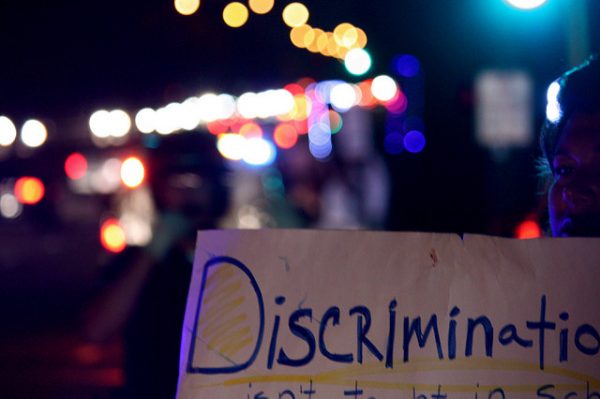
A recent study in the medical community has shown a decrease in teen suicide, particularly among high schoolers who are sexual minorities, since same-sex marriage was legalized. This is evidence that change in social policy impacts health outcomes among those who experience discrimination. This is important because social science has documented the negative impacts of gender and racial discrimination on mental and physical health.
A person’s status as a racial or sexual minority impacts their exposure to stress through perceived discrimination — a key way that racial, gender, and class inequalities in physical and mental health occur. The centrality and/or visibility of racial or sexual differences in a person’s life affects if and how often discrimination is perceived — the higher the salience or visibility of one’s racial or sexual identity, the higher level of perceived discrimination and the higher level of stress that person experiences.
- David R. Williams, Harold W. Neighbors, and James S. Jackson. 2003. “Racial/Ethnic Discrimination and Health: Findings From Community Studies.” American Journal of Public Health 93(2): 200-208.
- Peggy A. Thoits. 2010. “Stress and Health: Major Findings and Policy Implications.” Journal of Health and Social Behavior 51: 41-53.
- Robert M. Sellers, Cleopatra H. Caldwell, Karen H. Schmeelk-Cone, and Marc A. Zimmerman. 2003. “Racial Identity, Racial Discrimination, Perceived Stress, and Psychological Distress Among African American Young Adults.” Journal of Health and Social Behavior 44(3): 302-317.
- The Cost of Color: Skin Color, Discrimination, and Health among African Americans.” American Journal of Sociology 121(2): 396-444.
- The Social Costs of Gender Nonconformity for Transgender Adults: Implications for Discrimination and Health.” Sociological Forum 30(3).
Those who are disadvantaged in multiple ways, like being both a racial minority and a sexual minority, find themselves at higher levels of exposure to discrimination and have higher rates of depression and worse self-rated health.
- Eric A. Grollman. 2012. “Multiple Forms of Perceived Discrimination and Health Among Adolescents and Young Adults.” Journal of Health and Social Behavior, 53(2), 199-214.

Comments 1
Giovanni Guzman — February 1, 2019
New studies show that teen suicides have decreased as a result of same sex marriage. This may directly lead to the social science belief that sexual and racial discrimination does in fact cause mental and psychical health problems especially if those affected experience it on a daily basis and are also able to see it in society itself.